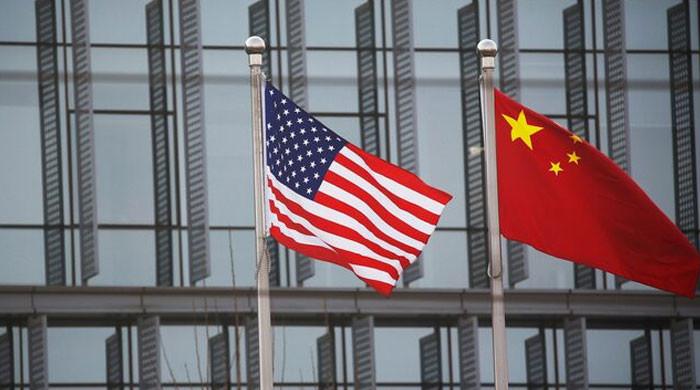Washington: United States and China have reached an understanding to accelerate rare earth exports to the United States, according to a White House official.
The official said that both parties had agreed a commercial framework during recent conversations, with the aim of relieving tensions and improving cooperation in key materials.
After the conversations in Geneva in May, Washington and Beijing agreed to temporarily reduce the steep Titles of Tit by eye about the products of others. China also promised to relieve some non -tariff countermeasures, but US officials later accused Beijing of violating the pact and delaying export licenses approvals for rare earths.
Both parties finally agreed to advance in the consensus of Geneva after the conversations in London this month.
On Thursday, a White House official told AFP that the administration of President Donald Trump and China had “agreed an additional understanding for an framework to implement the Geneva Agreement.”
This clarification occurred after Trump told an event that Washington had “signed” an agreement related to commerce with China, without offering more details.
When asked about Trump’s comments about Bloomberg TV, the United States Secretary of Commerce, Howard Lutnick, referred to London’s negotiations, saying that the Framework Agreement, which needed the higher level approval, had now been “signed and sealed.”
Separately, on Thursday, the White House also indicated that Washington could extend a July deadline when the most steep tariffs that affect dozens of economies take effect.
While Trump imposed a 10% tax on most commercial partners this year, he had submitted, later, higher rates in dozens of economies during the ongoing conversations.
That pause will expire on July 9.
When asked if there were plans to extend the pause, press secretary Karoline Leavitt told reporters: “Maybe it could extend, but that is a decision that the president takes.”
“The deadline is not critical,” he said. “The president can simply provide these countries with an agreement if they refuse to make us one before the deadline.”
This means that Trump can “choose a reciprocal rate rate that he believes is advantageous to the United States,” he added.
Lutnick told Bloomberg TV that Washington would announce some agreements next week or so.
“Those who have agreements will have agreements, and everyone else who has been negotiating with us will get an answer from us,” he said.
“On July 9 it will advance. And as the president said, if people want to return and negotiate more, they are entitled, but that rate of rates will be established and will go,” Lutnick added.
On the progress of commercial negotiations, Leavitt said that the United States commercial representative Jamieson Greer is “working very hard” and has “good and productive discussions with many of our key commercial partners.”




